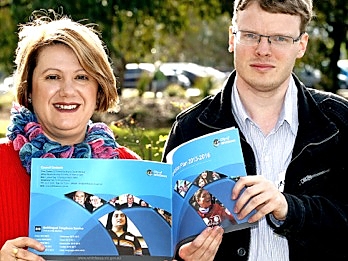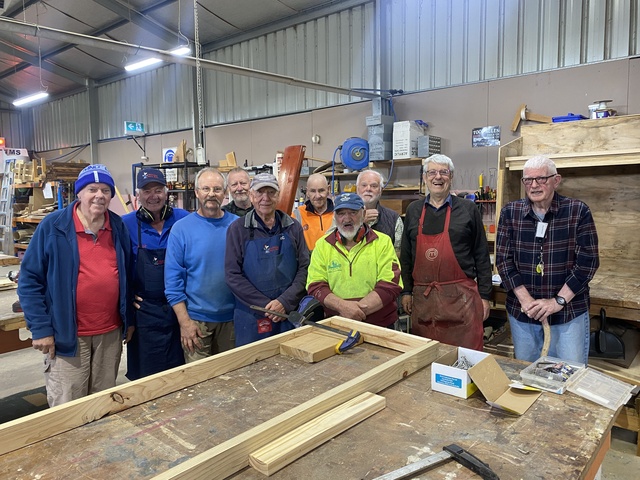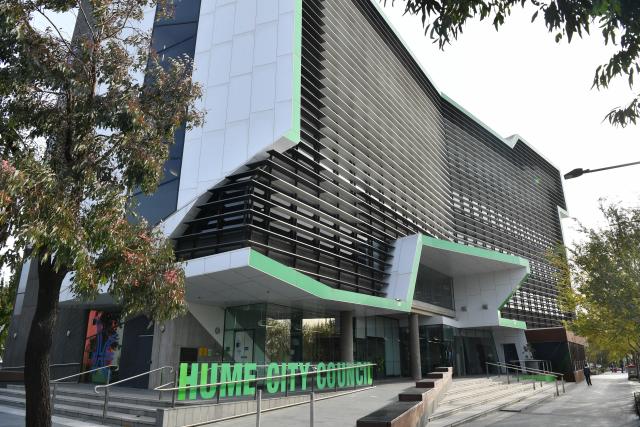By Adeshola Ore
Across Whittlesea’s schools, sport teams, homes and workplaces, one in five people lives with a disability. That’s more than 35,000 people in this one city alone.
Last week, Whittlesea council unveiled its third disability action plan, signifying the role of local government in co-ordinating and developing grassroots services that offer opportunities at home, work and play for people who are held back because of access and mobility impediments.
The plan sets out seven main goals to help people with disabilities, such as promoting equal employment opportunities, inclusion in council’s consultation processes and developing accessible public spaces and transport options.
Whittlesea Disability Network’s Jordan Plowman welcomed the new plan.
“Any type of progress is good progress,” Mr Plowman said. “It’s good, but to make it better would be excellent for us.”
Mr Plowman said he wanted the council to continue to put more handrails at stations and increase public transport access.
According to the council, more than 35,000 people in Whittlesea have diverse physical and intellectual issues that give rise to special needs.
As a result of its previous disability action plan (DAP 2009-12), the council set up a respite centre in Epping, created a city access guide and secured funding for holiday programs for children with disabilities. It also backed Latitude Thinking, a not-for-profit disability employment group, as part of its action plan.
This Epping-based recruitment organisation helps people aged 16 to 60 with physical disabilities and mental illness to find employment in sectors such as retail, hospitality and manufacturing.
Latitude Thinking’s director, Sandra Seif, said many employers were holding on to old stereotypes about people with disabilities.
“Employers don’t understand what the disability actually means or how to deal with it in the workplace,” Ms Seif said. “It’s quite sad, so [this] is about raising employer awareness.
“They [people with disabilities] have been knocked back so many times and they don’t have the confidence to keep going for a job
so it’s about motivating them and reinforcing that communities are meant to be inclusive.”
Latitude Thinking offers a free service to local employers and supports the workplace during an employee’s induction, as well as sending employed candidates to workplaces to talk about misconceptions about disabilities.
Ms Seif said she had seen firsthand the positive effect Latitude Thinking’s candidates got from becoming employed.
“They have been given a go and they realise they can do the job.”







